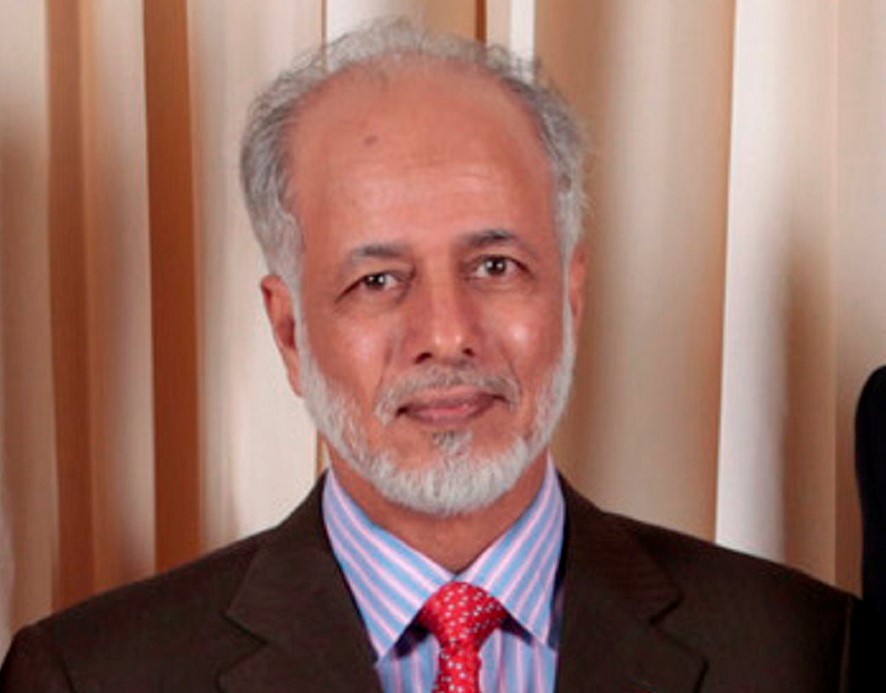BAHRAIN – Oman’s Foreign Minister, Yusuf bin Alawi bin Abdullah, issued a statement at a security summit recognizing the statehood of Israel this week following a meeting between Israeli Prime Minister Benjamin Netanyahu and Sultan Qaboos bin Said of Oman.

Israel is a state present in the region, and we all understand this . . . Maybe it is time for Israel to be treated the same [as others states] and also bear the same obligations.
We are not saying that the road is now easy and paved with flowers, but our priority is to put an end to the conflict and move to a new world.
The summit was attended by representatives of Saudi Arabia, Bahrain, the United States, Italy, and Germany.
The Times of Israel suggested that the surprise announcement arose out of shared concerns about Iran’s influence and intentions in the regions. Oman, “the Switzerland of the Middle East,” lies at the mouth of the Persian Gulf. It is a U.S. ally and one of many Arab nations that perceive Iran as an existential threat. Oman has a history of playing the role of a go-between in delicate political situations in the Middle East.
At least one expert on Oman affairs indicated that “Oman is interjecting itself into the Israeli-Palestinian peace process.” It appears to some that Israel is simultaneously working to gain the support of neighboring Arab nations not only to bolster security against Iranian intentions but also to participate as aligned parties to U.S. President Trump’s yet-to-be-released Israeli-Palestinian peace plan.
The Jerusalem Post noted that Bahrain, the site of the security conference, “voiced support for Oman over the sultanate’s role in trying to secure Israeli-Palestinian peace, while Saudi Arabia . . . said the kingdom believes the key to normalizing relations with Israel is the [U.S.-proposed] peace process.”
Benjamin Netanyahu told the Knesset last week that the ties between Israel and Arab countries are closer than ever before because of the shared fear of a potential nuclear threat from Iran.
At the opening of the Israeli Innovation Center at the Peres Center for Peace and Innovation, Netanyahu stated,
We always thought that if we solved the Palestinian problem, it would open up the doors to peace with the broader Arab world. And that’s certainly true if you could do it. But it may mean that equally true and perhaps even truer is that if you open up to the Arab world and you normalize relations with them, it will open the door for an eventual reconciliation and peace with the Palestinians.
The United States’ Middle East envoy, Jason Greenblatt recognized Oman’s declaration as “a helpful step for our peace efforts and essential to creating an atmosphere of stability, security, and prosperity between Israelis, Palestinians, and their neighbors.”
In September of this year, President Trump indicated that his proposed peace plan will be “the deal of the century.” Although details of the plan are sketchy, the president is determined to present the plan before the end of this year or in early 2019.
Although he promises the deal will be acceptable to both parties, the Palestinians demand a state of their own carved out of Israeli territory. Many Israeli leaders are unwilling to give up its territory east of the Jordan or accept a two-state solution.
Nonetheless, it appears that Iran continues to lose support from its Arab neighbors who realize that a nuclear attack on Israel would likely engulf the entire region.
To read more news on Israel on Missions Box, go here
Sources:
- Reuters, Oman says time to accept Israel in region, offers help for peace
- United with Israel, In Wake of Netanyahu Visit, Oman Calls for Recognition of Israel
- Brinkwire, Oman tells other Middle East states it’s time to accept Israel
- The Times of Israel, Secret no more: Israel’s outreach to Gulf Arab states emerges into the open
- Al Jazeera, Oman says ‘Israel is a state’ in the Middle East
Image Source:
- By Official White House Photo by Lawrence Jackson (File: Yusuf bin Alawi bin Abdullah with Obamas.jpg) [Public domain], via Wikimedia Commons




